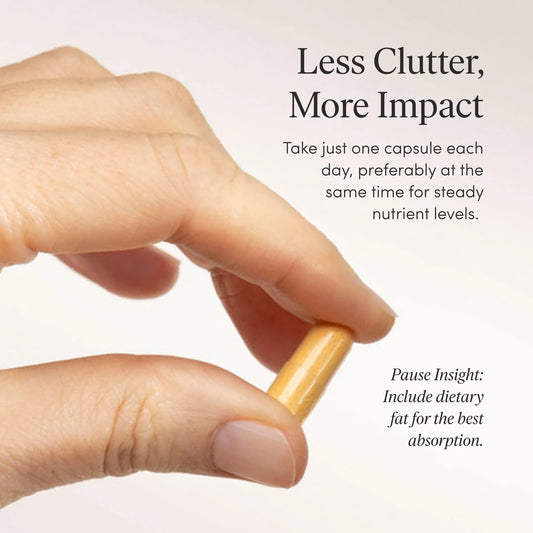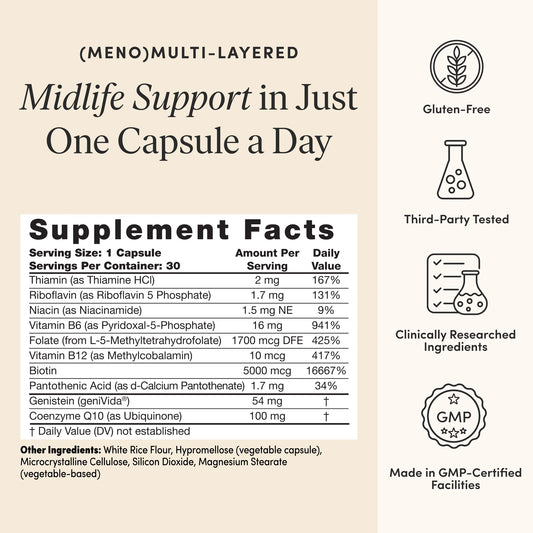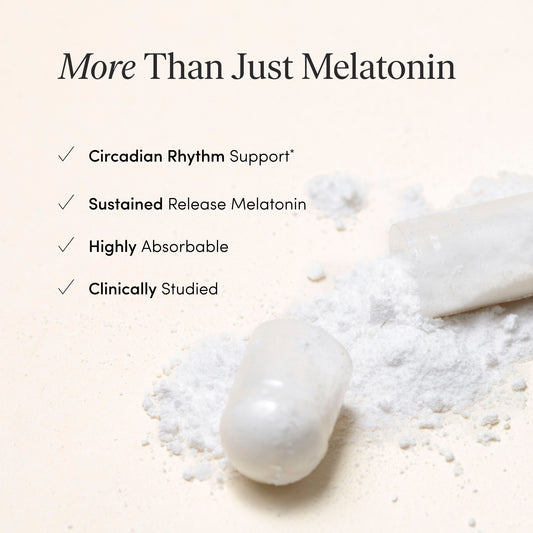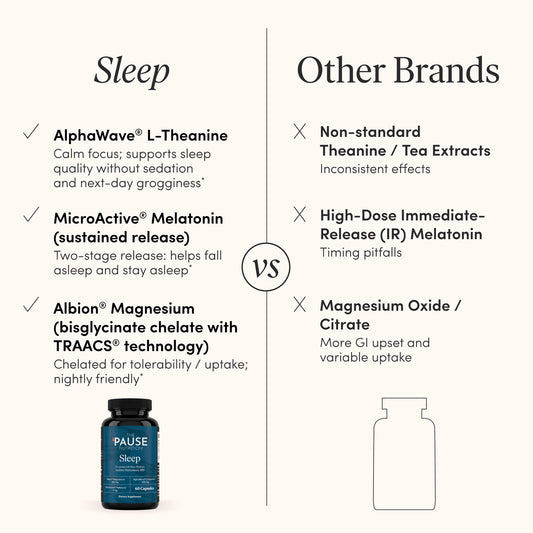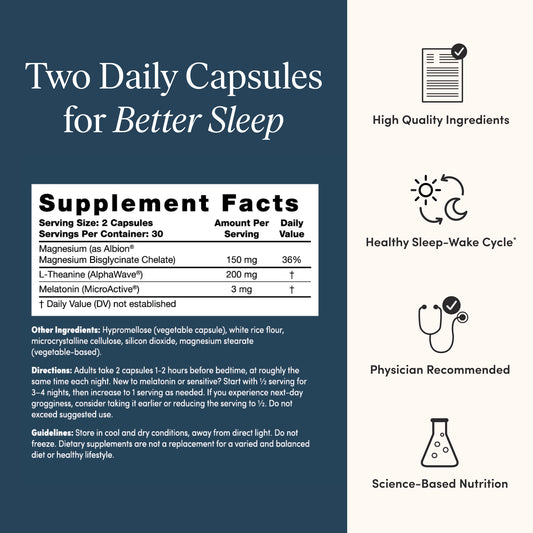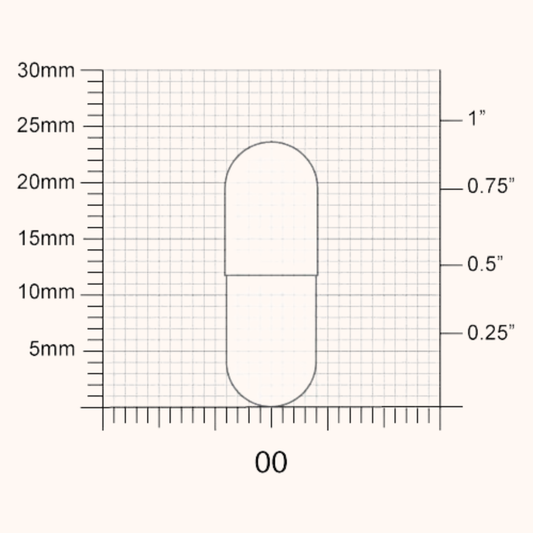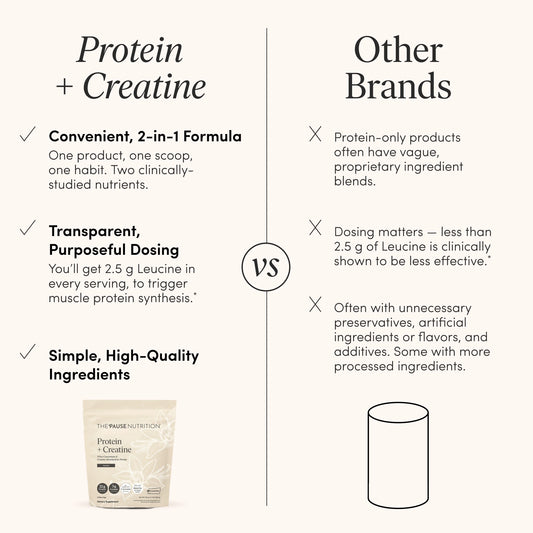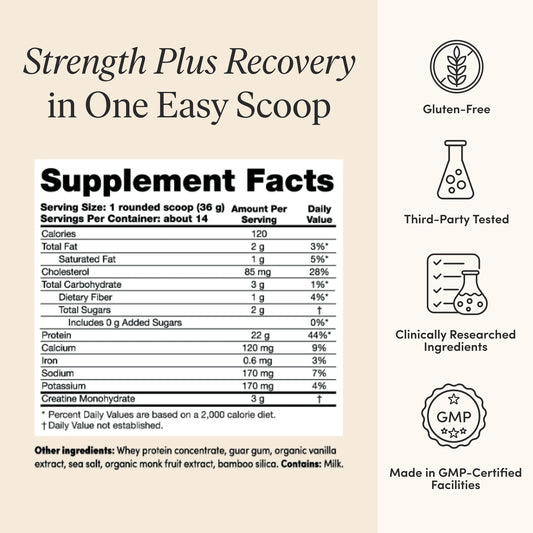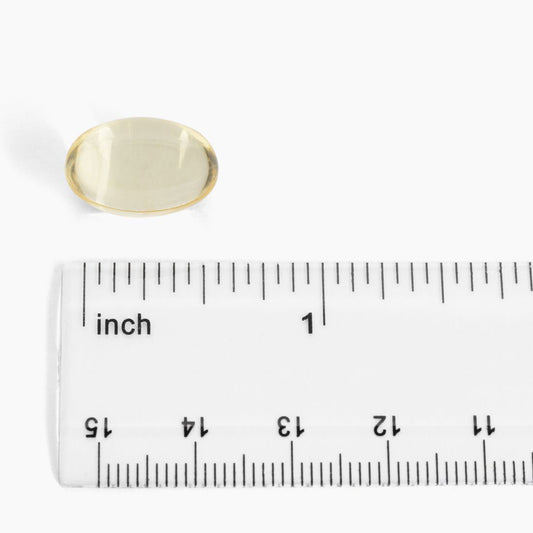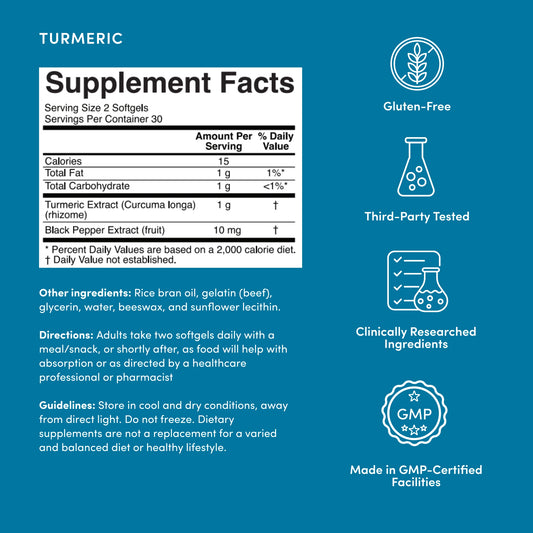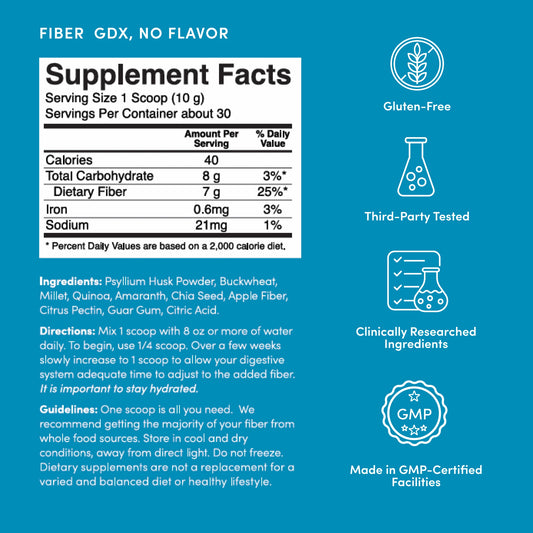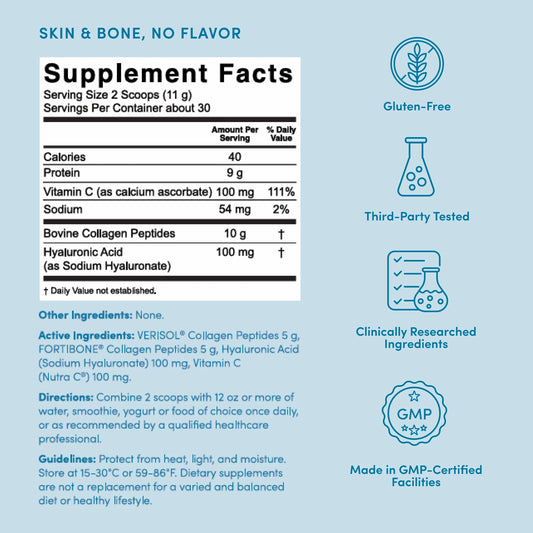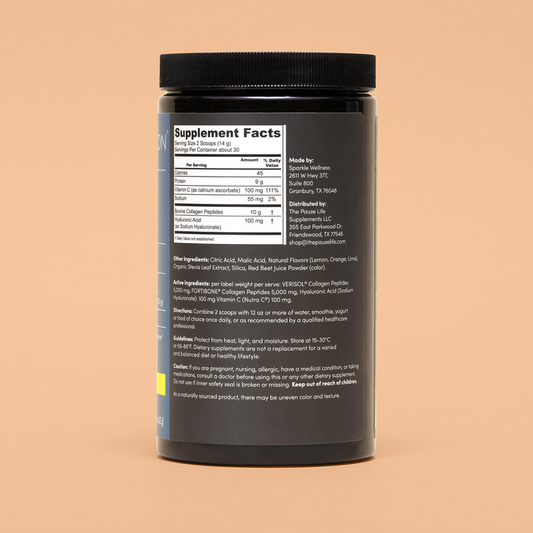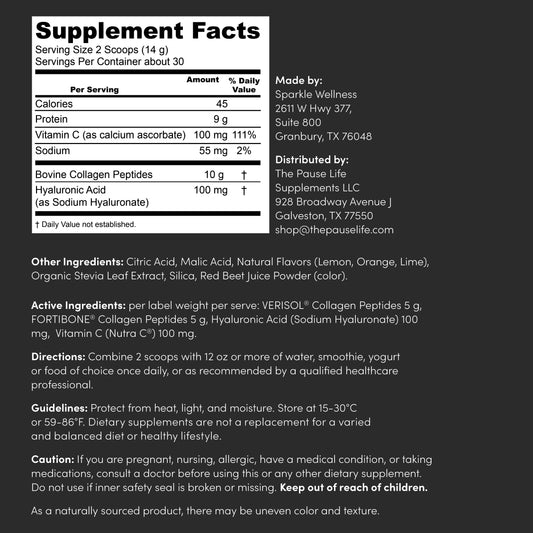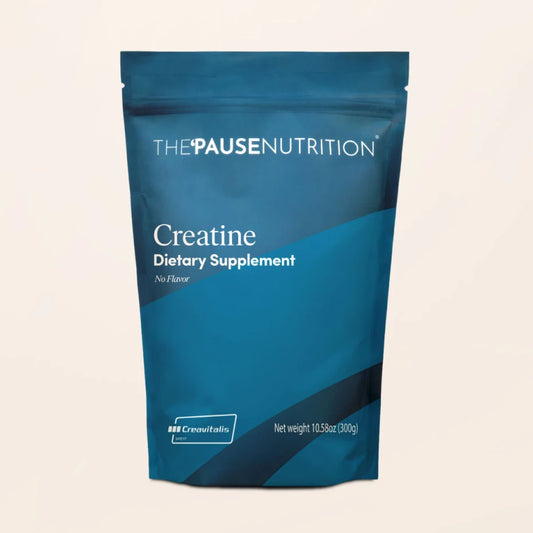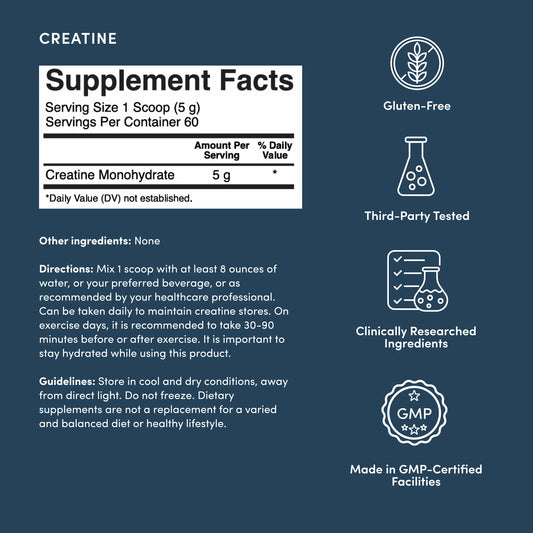What happens after you lose the weight? Few are focused on this important question about GLP-1 medications. In Part 2 of this conversation on GLP-1s and Midlife Metabolism, triple board-certified endocrinologist Dr. Rocio Salas-Whalen continues her discussion with Dr. Mary Claire Haver, going deeper into what happens after weight loss, including the physical and emotional changes no one prepares you for, and what the future of these medications looks like.
Dr. Salas-Whalen, founder of New York Endocrinology and author of the upcoming book Weightless, tackles the questions women are actually asking: How do I know if I'm getting good care? What about compounding pharmacies? Will I need therapy? And what comes next in obesity medication?
The conversation addresses the psychological shifts that happen when you reach your goal weight for the first time in your life. Dr. Salas-Whalen shares what she's learned from following patients long-term and why the maintenance phase is actually the most important part of treatment.
Dr. Salas-Whalen also addresses the cost and accessibility crisis around Ozempic, Wegovy, and Mounjaro, the environmental impact of single-use injection pens, and why direct-from-manufacturer vials (like Eli Lilly's Zepbound vials) are making treatment more affordable. She shares her standard of care for obesity treatment and explains exactly what questions to ask before starting GLP-1 therapy.
For women experiencing perimenopause and menopause weight gain, this episode provides useful information about what to expect beyond initial weight loss, how to maintain results long-term, and why proper medical supervision with body composition monitoring is essential for protecting muscle mass and metabolic health.
Guest links:
- Meet Your Endocrinologist - Dr. Salas-Whalen (NY Endocrinology)
- Dr. Rocio Salas-Whalen (Instagram)
Books:
- “Weightless: A Doctor's Guide to GLP-1 Medications, Sustainable Weight Loss, and the Health You Deserve” by Dr. Rocio Salas-Whalen
This episode covers:
- The emotional reality of rapid weight loss and body image adaptation after GLP-1 treatment
-
Why some patients need mental health support alongside GLP-1 medications
-
How weight loss affects relationships and marriages as well as the "Ozempic divorce" phenomenon
-
The truth about compounding pharmacies: safety concerns, FDA regulations, and red flags to watch for
-
Why GLP-1 medications combined with menopause hormone therapy show superior weight loss results
-
Green flags and red flags when choosing a provider for GLP-1 treatment
-
The future of obesity medication: triple incretin drugs (retatrutide), oral GLP-1 options, and monthly injections
-
Protein requirements to preserve muscle mass during weight loss: why 100 grams daily matters
-
Physical changes after significant weight loss: cold intolerance, excess skin, and medical considerations
-
How to support a loved one on GLP-1 medications without triggering guilt or shame
-
Who should NOT take GLP-1 medications: contraindications and safety considerations
- Finding an obesity medicine specialist: how to locate qualified providers
Articles:
- Loss of Visceral Fat is Associated with a Reduction in Inflammatory Status in Patients with Metabolic Syndrome (Molecular Nutrition and Food Research)
- Increased visceral fat and decreased energy expenditure during the menopausal transition (International Journal of Obesity)
- Sex-specific body fat distribution predicts cardiovascular ageing (European Heart Journal)
- Association between metabolic healthy obesity and female infertility: the national health and nutrition examination survey, 2013–2020 (BMC Public Health)
- The discovery and development of GLP-1 based drugs that have revolutionized the treatment of obesity (PNAS)
- Skeletal Muscle as Endocrine Organ (Advances in Experimental Medicine and Biology)
- Preserving Healthy Muscle during Weight Loss (Advances in Nutrition)
- 32nd European Congress on Obesity (ECO 2025) (S. Karger AG, Basel)
- Association of Obesity With COVID-19 Severity and Mortality: An Updated Systemic
- Review, Meta-Analysis, and Meta-Regression (Frontiers in Endocrinology)
- Adverse Events Related to Tirzepatide (Journal of the Endocrine Society)
- Weight loss response to semaglutide in postmenopausal women with and without hormone therapy use (Menopause)
- Clinical development times for innovative drugs (Nature Reviews Drug Discovery)
- The dual glucose-dependent insulinotropic polypeptide (GIP) and glucagon-like peptide-1 (GLP-1) receptor agonist tirzepatide: a novel cardiometabolic therapeutic prospect (Cardiovascular Diabetology)
- Dose-dependent pancreatitis risk associated with GLP-1 agonists (Journal of Diabetes and Metabolic Disorders)
- Mortality from type 2 diabetes mellitus across municipalities in Mexico (Arch Public Health)
- The association between age of menopause and type 2 diabetes: a systematic review and meta-analysis (Nutrition & Metabolism)
- Obesity in Infertile Women, a Cross-Sectional Study of the United States Using NSFG 2011-2019 (Reproductive Sciences)
- Bisphenol A and the Risk of Obesity a Systematic Review With Meta-Analysis of the Epidemiological Evidence (Dose-Response)
Other Resources:
- National Center for Health Statistics (Centers for Disease Control and Prevention)
- Incretin-Based Drugs (National Library of Medicine)
- Calculate Your BMI (NIH)
- Svetlana Mojsov, Ph.D. (The Rockefeller University)
- Ozempic: A Weight Loss Miracle or Metabolic Menace? (Mark Hyman, MD)
- How much protein do you need every day? (Harvard Health Publishing)
- American Board of Obesity Medicine (ABOM)
- Wegovy Label and Instructions (FDA)
- Ozempic Label and Instructions (FDA)
- Mounjaro Label and Instructions (FDA)
- Zepbound Label and Instructions (FDA)




















